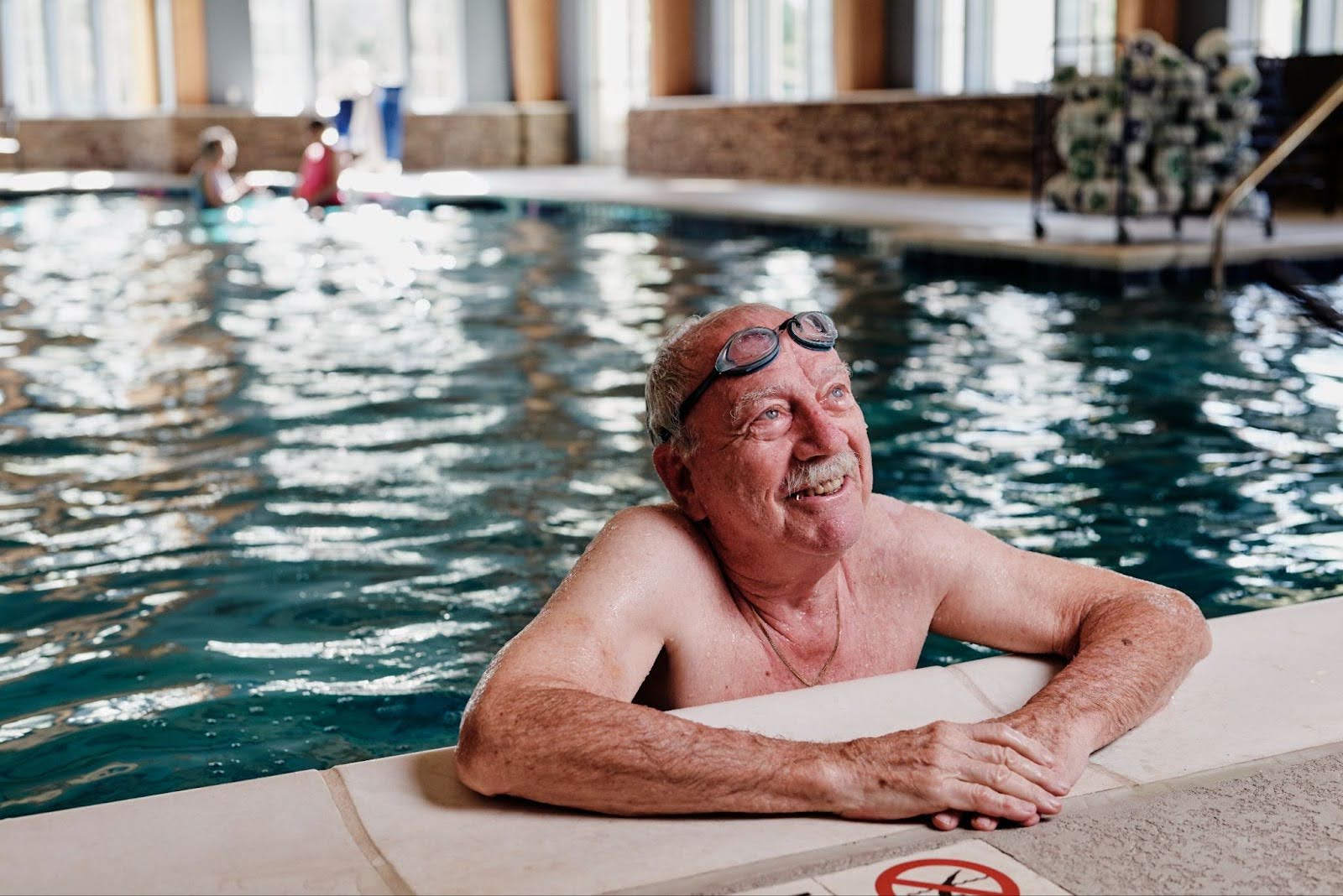
Stress Management Activities for Seniors
Navigating Bumps in the Road
Stress is a normal part of life. However, as bodies age, coping with stress isn’t as easy as it used to be. Resilience to stress is a complex, orchestrated response, reliant on a robust immune system, heart health, brain fitness, and other physical and mental factors. As lungs, heart and even cells age, older adults — especially those who are sedentary — become less resilient. Stress management activities for seniors are essential when managing underlying conditions such as diabetes or hypertension, so as to increase an older adult’s resilience during stressful situations.
Signs of Stress in Seniors
The first step to stress management for seniors is to recognize the triggers. Older adults face a unique set of stressors. They may be grieving the loss of a spouse or other loved one. They may be facing a change in relationship with their children. They’re coping with unstructured time. They may also be dealing with reduced physical ability in vision, hearing or mobility.
Their response to stress can be physical, mental and/or emotional. Tension headaches, heart palpitations, anxiety and irritability, and trouble sleeping are the most familiar symptoms. But sometimes the person experiencing them may not always recognize them as such. Friends, family members and caregivers can be valuable allies who gently draw attention to stress-related changes in behavior.
Stress Management for Seniors
Since constant stress can cause lasting negative effects, including increased risk of depression, high blood pressure, insomnia and heart disease, it’s important for seniors to maintain their resilience through healthy, self-nurturing behaviors. Restorative sleep and relaxation techniques are among the most effective stress management activities for seniors who are trying to weather life’s ups and downs. Here are other tips for dealing with stress:
Mindful Eating
When under stress, it’s tempting to choose comfort food. Whenever possible, choose foods that are freshly prepared and nutritious. Avoid sugary drinks and treats because of their negative effects on both body and brain.
Exercise
Regular exercise not only increases physical fitness and cognitive health; it naturally boosts mood with the release of hormones in the body. Even a few minutes of walking a day makes a difference in lowering stress levels.
Mindful Movement
Activities such as yoga and tai chi can be a supplement to other forms of exercise. They are repetitive, gentle movements that feel calming. Their slower pace requires a different type of physicality that helps clear and focus the mind.
Self-Expression
Writing in a journal, painting, playing music, working in a woodshop — activities like these are pleasurable and cathartic creative outlets that boost confidence and self-esteem.
Pampering
The feeling of being cared for during a massage or spa treatment can help restore a sense of equanimity. The Heritage offers an infused water bar, day spa and massage room on campus. Although pampering is a temporary escape from stress, sometimes that’s all that’s needed.
Meditation
Meditation can take the form of breathing exercises, relaxed contemplation or prayer. A regular meditation practice quiets mental chatter and has been scientifically proven to have a positive effect on blood pressure and mood.
Talking
Sometimes it takes another person to help us see things in a different light. There’s nothing wrong in reaching out to a counselor, therapist or spiritual adviser to talk things over.
Socializing
Human beings need a sense of community to feel healthy and happy. Even when it’s not advisable to physically gather with others, finding other ways to connect is critical to mental health and well-being.
With a holistic approach to wellness, The Heritage at Brentwood helps residents build resilience to stress and continue to thrive. Contact us today to learn more about this innovative approach to overall health and how it can benefit you.




